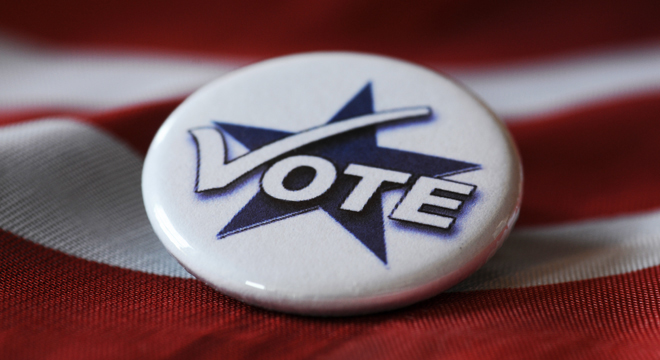How did Gallup end up being one of the most inaccurate pollsters of the 2012 cycle? In a word, they earned it. Obviously the mammoth lead Gallup showed for Mitt Romney once they moved to a ‘likely voter’ screen caused considerable heartburn for Democrats while seriously heartening Republicans. They crept back to something like the consensus after taking a week off polling after Sandy. But how did they end up getting the election so wrong?
It ends up there’s a very simple and I think even unitary answer: race. Gallup somehow seemed to think the electorate would be much whiter than it ended up being.
The numbers are stark. Gallup projected that whites would make up 78% of the 2012 electorate. In fact, the final exit polls say the number was 72%.
When you consider that minority voters went overwhelmingly for President Obama and white voters went decisively for Romney, that six percent difference in the composition of the electorate really makes all the difference in the world. I don’t know whether there were other problems with Gallup’s modeling. My point though is that this alone can easily explain why their numbers were so much more favorable to Romney than almost anyone else.
Now why did they come up with that number? There’s a certain logic. But it seems like an extremely poor one. In 2004, the white vote was 77% of the electorate, in 2008, 74% of the electorate and in 2010, 78% of the electorate. So Gallup posited that that the racial make up of the electorate would be the same as two years ago and that 2008 was an outlier.
But there are two real problems with that reasoning.
First, presidential years are always higher turnout elections compared to midterm elections. Always. And historically racial minorities are more inconsistent in their voting than white voters. So there were lots of reasons to think that the percentage of whites would be lower than 2010, even without factoring in that it was a blow out for the disproportionately white GOP.
But there’s another issue: the country is getting less white. We know that right? Anyway, there are really good reasons to think that the percentage of white voters would go down from 2004. Gallup just seemed to be assuming that 2008 was an outlier, an exceptional year. Again, that was certainly possible. But projecting the 78% number didn’t just prove to be wrong. It also looks really hard to justify.
Everything I’ve discussed to this point is focused on statistics and what I guess I’d call logical and historical arguments. But more subjectively, after the attacks on Hispanic Americans over the last two and for years, after the attacks on voting rights and so much more, it just seems preposterous to assume that the minority vote this year wouldn’t be substantial. And yet that’s what they did.
Obviously there are lots of really experienced and smart pollsters and statisticians who work at Gallup. But in the future, at least for me, it’ll be really hard to look at Gallup and impute any presumption of accuracy from the name or the brand.







